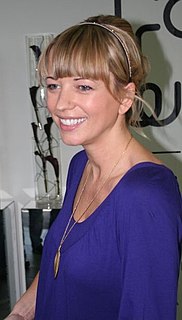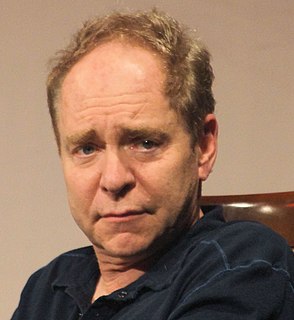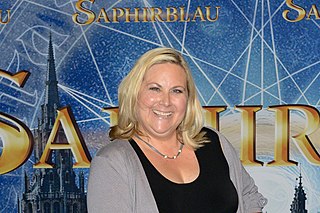A Quote by Alain de Botton
The moment we cry in a film is not when things are sad but when they turn out to be more beautiful than we expected them to be.
Related Quotes
Now, may our God be our hope. He Who made all things is better than all things. He Who made all beautiful things is more beautiful than all of them. He Who made all mighty things is more mighty than all of them. He Who made all great things is greater than all of them. Learn to love the Creator in His creature, and the maker in what He has made.
When we go to the movies, we identify with the characters we see. That's why we go to the movies; we have a voyeuristic experience; we have an out of the body experience. The screen is more real than our thoughts are at the moment we are looking at the film and we place ourselves in the place of the people on the screen, and when they behave nobly, it makes us feel noble, when they are sad and when they have lost love, we feel sad; we can identify with that.
That's such a big part of film scoring that people don't realize. There's a portion of film scoring that's writing the music, but a lot of it is how do you get along with the guy you're working with, how do you interpret what he wants? It's so subjective, you know? Your version of sad is probably different than my version of sad. It's my job to figure out what your vision of sad looks like.
There are sections of the film that I don't love. There are moments that really lift and elevate, and then there are parts that feel clunkier to me. But the totality of 'Harold and Maude' is so much greater than maybe other films that are more perfect or look more beautiful or handle every moment more exquisitely.





































